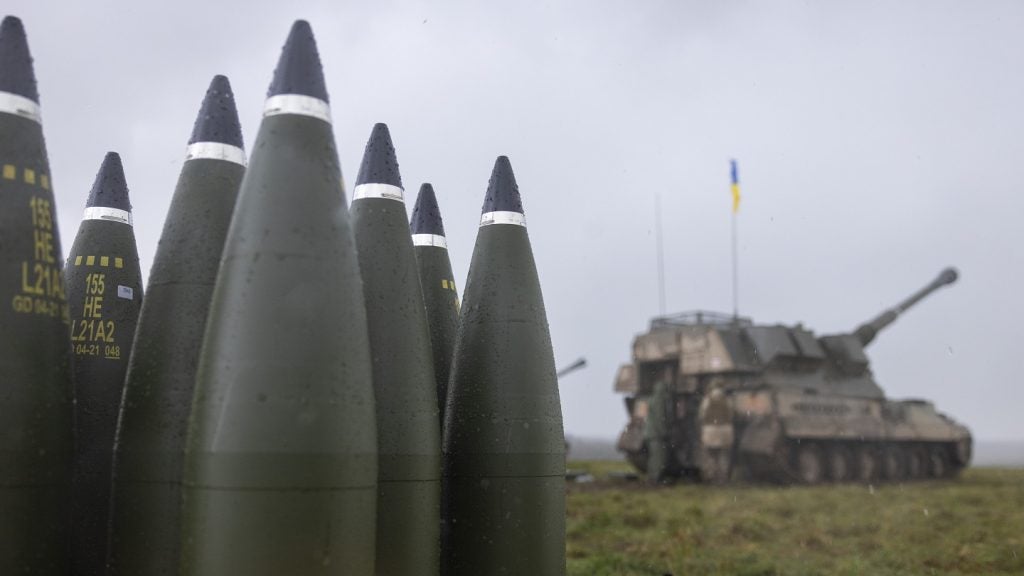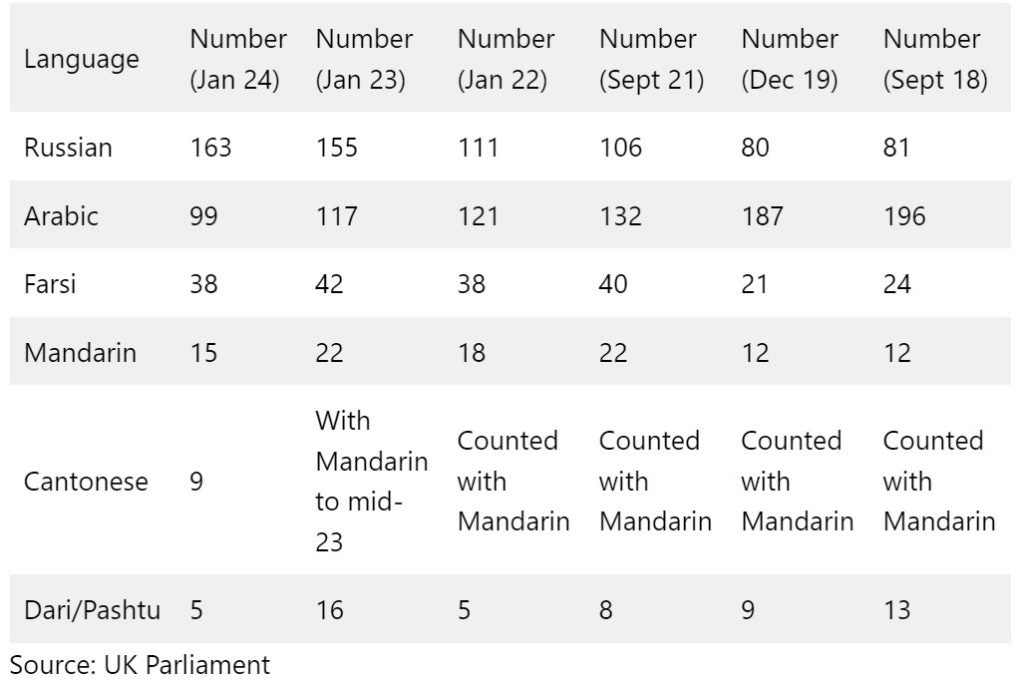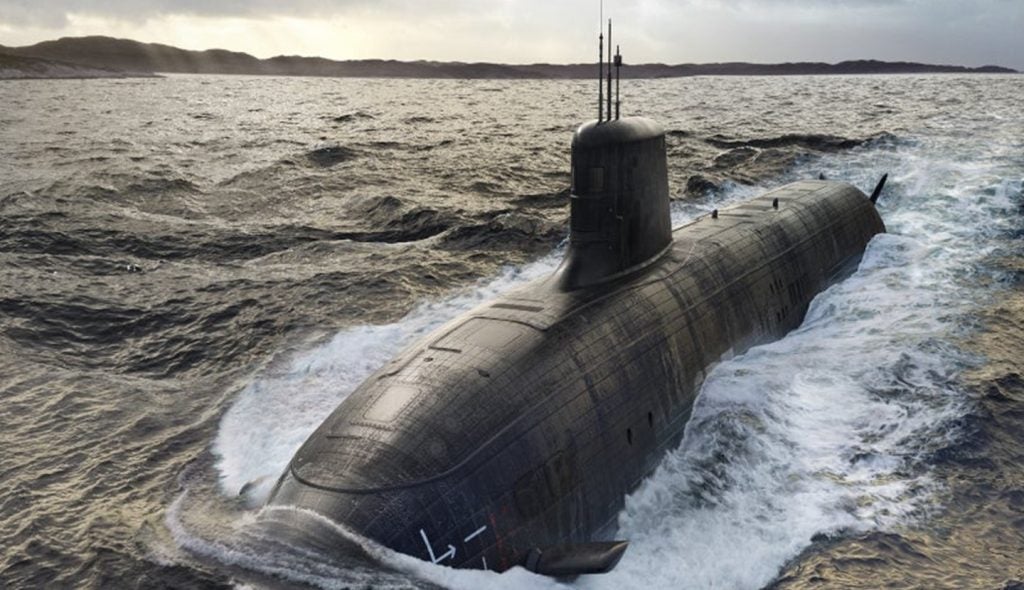
The number of Russian language specialists working in the UK Ministry of Defence (MoD) and related military infrastructure has more than doubled since 2018, which has corresponded to a near 50 percent reduction in the number of Arabic language specialists, according to recently released figures.
Published on 20 February, the figures released by the UK MoD demonstrates a notable shift in language specialties, and comes at a time when the Western world is focused on a continental European threat as Russia continues in its efforts to reshape eastern Europe and West Asia.
Russia’s large-scale invasion of its neighbour Ukraine in February 2022 has resulted in two years of state-on-state warfare as Nato moves to support Kyiv against Moscow with military hardware, training, and financing.
However, the Ukraine invasion was not unique in Russia’s attempts to carve out a Soviet-style sphere of influence in the region, with the Crimean Peninsula annexed from Ukraine in 2014 and Georgia, another neighbour, losing land in South Ossetia and Abkhazia in a short 2008 war against Moscow.

As a result of such actions, it is likely that abilities in the Russian language will have gained greater significance inside the corridors of MoD Main Building, which has overseen the increase in Russian language specialists.
Classifying the ability of a language specialist to be a service person holding an in date formal MoD language assessment of Level 2 and above, or a civil servant or military person employed in teaching language to defence personnel, the number of Russian specialists more than doubled from 81 in September 2018 to 163 by January 2024.
How well do you really know your competitors?
Access the most comprehensive Company Profiles on the market, powered by GlobalData. Save hours of research. Gain competitive edge.

Thank you!
Your download email will arrive shortly
Not ready to buy yet? Download a free sample
We are confident about the unique quality of our Company Profiles. However, we want you to make the most beneficial decision for your business, so we offer a free sample that you can download by submitting the below form
By GlobalDataChanging priorities could impact language specialist requirements
Other languages assessed by the MoD included Arabic, Farsi, Mandarin, Cantonese, and Dari/Pashtu. Of these, the Arabic language specialists in the MoD dropped from 196 in September 2018 to 99 in January 2024.
The cause of such a reduction was not detailed in the figures, however the withdrawal of UK forces from Iraq and Afghanistan and a pivot by the UK Government towards the Asia-Pacific region are likely significant factors.
UK defence language specialists

Elsewhere, specialists in Mandarin, which included Cantonese until mid-2023 when the latter language was separated, have remained relatively stable from 2021-2024.
The combined Mandarin and Cantonese specialists in the MoD amount to 24 personnel, compared to 22 in 2021, although this represents an increase from 2019 and 2018 where 12 specialists were recorded.
Also notable is the paucity of Dari/Pashtu specialists, languages that are spoken widely in Afghanistan, a country that the UK was entrenched in for more than a decade from 2002 until the end of combat operations in 2014.
As of January 2024, the UK MoD has just five Dari/Pashtu specialists, the joint-lowest number ever recorded during the reporting period.






